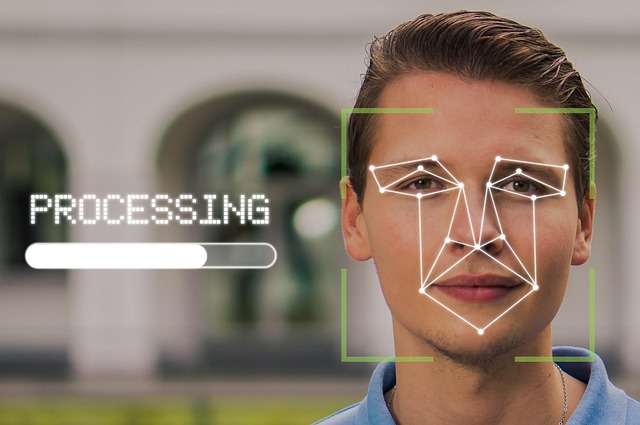Securing Your Secrets: Best Practices for Private Data Management in Communication
In today’s hyper-connected world, the management of private data has never been more crucial. Every click, every message, and every shared file has the potential to expose our most sensitive information. As we engage in an overwhelmingly digital landscape, the need for security in our communications feels more like a necessity than an option.
Understanding the Importance of Private Data Management
Whether it’s confidential business information or personal chats with loved ones, the data we share can easily fall into the wrong hands. A simple misstep—like using an unsecured Wi-Fi connection or neglecting to update software—can lead to data breaches that compromise our secrets. This understanding shouldn’t incite paranoia, but rather empower us to take action to protect what matters most.
Best Practices for Securing Communication
Below are some key practices to ensure that your private data management is robust and effective:
- Use Strong Passwords: Begin with the fundamentals. Your passwords should be complex, unique for each service, and changed regularly. Consider using a password manager to help keep track.
- Enable Two-Factor Authentication: Take your security to the next level by incorporating two-factor authentication (2FA) wherever possible. This adds an additional layer of protection even if your password is compromised.
- Encrypt Your Communications: Seek out messaging platforms and email services that offer end-to-end encryption. This ensures that only the intended recipients can read your messages, safeguarding them from prying eyes.
- Be Cautious with Public Wi-Fi: When accessing sensitive information, avoid public networks. If you must connect to public Wi-Fi, using a virtual private network (VPN) can help secure your data.
- Regularly Update Software: Ensure that your devices and applications are always up-to-date. Regular updates help protect against newly discovered vulnerabilities.
- Educate Yourself and Your Team: The best defense against data breaches is knowledge. Stay informed about the latest cybersecurity threats, and share this information with those you communicate with.
Developing a Culture of Privacy
Ultimately, the management of private data should be a team effort, where everyone feels responsible for maintaining the integrity of their communications. Whether in a corporate setting or among friends and family, fostering open discussions about privacy and data management practices can create a safer environment for everyone.
Mindfulness in Communication
As we navigate our daily interactions, it’s essential to practice mindfulness. Being aware of what we share and with whom can dramatically reduce the risk of our data falling into bad hands. Always think twice before hitting send, and ask yourself if the information you are sharing truly needs to be shared.




